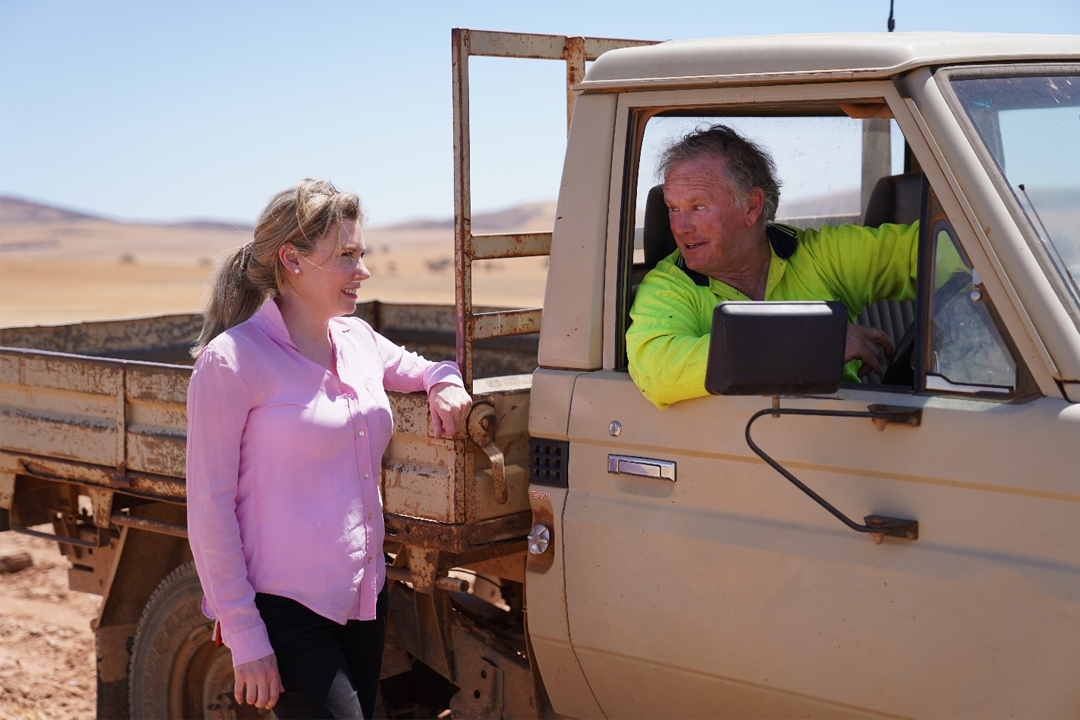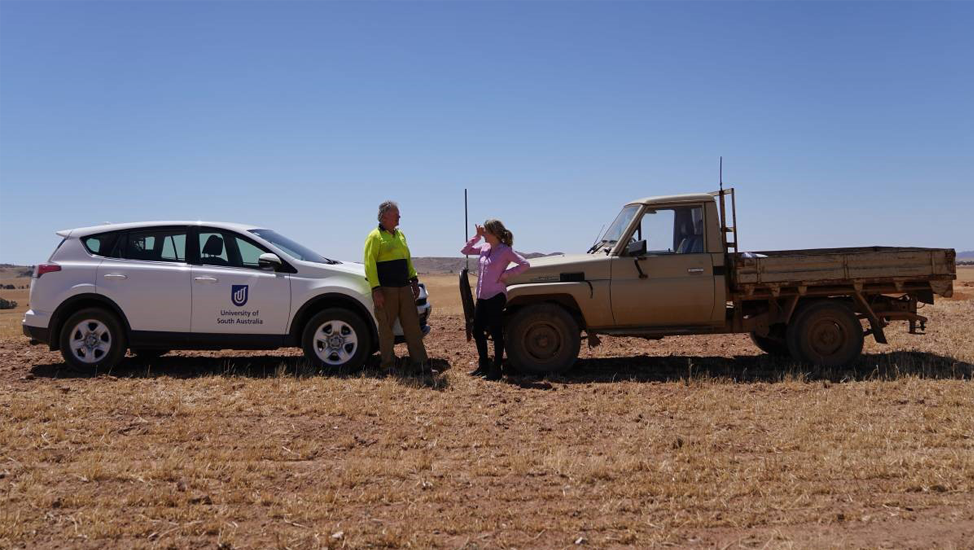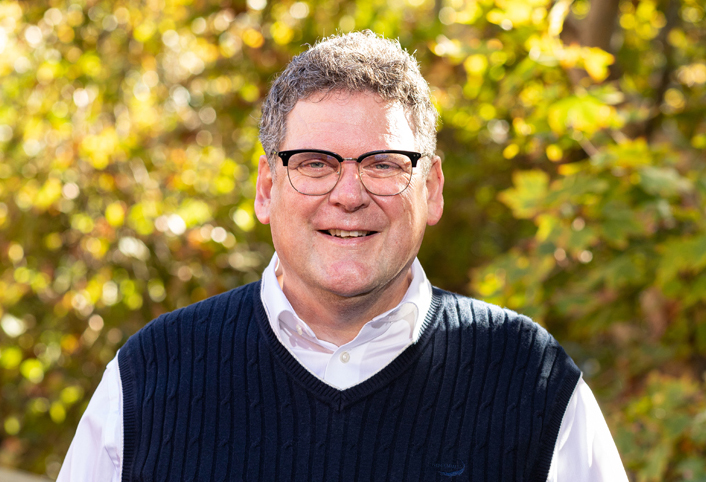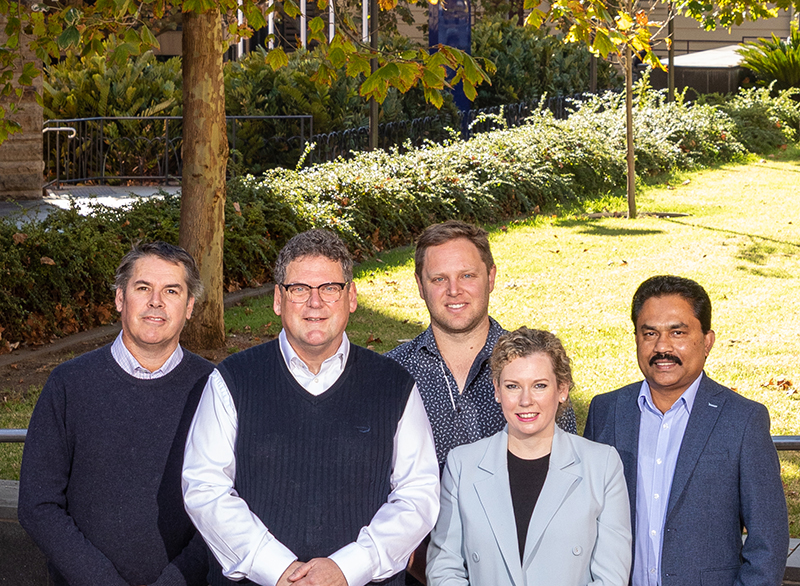
Australian farming communities are continually exposed to challenges associated with drought, fires, floods, disease, increasing costs and wavering produce prices.
The inability to control these stressors and the sense of hopelessness and entrapment this may cause, as well as a poor understanding of their industry from those outside of it, makes farming a particularly challenging occupation.
Due to their geographic remoteness, farmers have reduced access to professional mental health support. They are often also reluctant to seek out these services for a variety of reasons, including their inability to leave the farm due to overwhelming workloads and concerns about stigma, privacy and being misunderstood.
It’s also a potential risk factor for rural male suicide, in fact, there is a higher incidence of suicide among these farming populations.
University of South Australia Senior Research Fellow, Dr Kate Gunn, has worked with farmers from across Australia to create a website to equip farming families with tools to reduce the negative impact that these sorts of stressful situations have on their lives, so they can make good decisions and have more time and energy to focus on the things that make them happy.
Dr Gunn is just one of UniSA’s mental health researchers whose inspiring work in mental health and rural communities that is already having meaningful impact.
Her significant efforts in this area has been recognised with a number of awards in recent years including the Channel 9 Young Achiever of the Year Award (2013), the Leslie (Les) J. Fleming Churchill Fellowship to investigate sustainable methods of improving the health and well-being of rural cancer survivors (2018), a SA Tall Poppy Science Excellence Award (2017), the Rural, Regional and Remote Winnovation Award (2017), and a commendation in the national Bupa Health Foundation Emerging Health Researcher of the Year Awards (2018).

This culmination of work and achievements over the past 13 years – comprehensively examining rural mental health issues – has been fundamental to the development of this free online tool kit to help other Australian farmers cope effectively with life’s challenges and get the most out of every day.
This work is highlighted as part of the UniSA’s Enterprising Minds for Mental Health fundraising appeal. Through the appeal, UniSA is asking our community in join us in making mental health a priority by donating to the Mental Health Research Fund, supporting this crucial research.
The website was inspired by Dr Gunn’s personal experiences growing up on a South Australian farm in an isolated rural community near Streaky Bay, and informed by her professional work as a Clinical Psychologist.
She also worked closely to develop the tool with real farmers to address their unique needs through extensive consultation. ifarmwell has been designed based on what Australian farmers have said they want and what research shows will help.
Having developed and rolled out the website, Dr Gunn continues to expand the offerings, developing new modules in a variety of formats (including video) to meet farmers’ changing needs. New modules currently under development include one on relationships, and another on managing the psychological consequences of bushfires.
Feedback from farmers and industry partners has been overwhelmingly positive, stressing the website is particularly valued as it was created with farmers, for farmers, is confidential, relevant, accessible, and is free.
Thanks to additional support from The James and Diana Ramsay Foundation and the Thyne Reid Foundation, Dr Gunn and her team will now have the capacity to promote the ifarmwell website across Australia so that many more farmers can benefit from this resource.
“To keep farmers engaged, ifarmwell also uses short videos, cartoons, jokes and text message reminders,” Dr Gunn says. “The ifarmwell website aims to give farmers extra coping skills, practical tips and provide feedback on their level of wellbeing as well as easy to use tips on seeking professional mental health help.”
Testimonials have also highlighted that the tool is meaningful, gives users hope, provides distance from overwhelming thoughts and feelings, as well as strategies to make the most of their lives – despite the challenges they may face.
Mick is a vineyard operations manager working in viticulture and decided to try ifarmwell last year as he had got to a point where he needed to get some help with feeling anxious and worried, but I wasn't too sure where to start.
“When you’re working on your own on a lot you can get caught in your head. Ifarmwell is really good way work on those things that are bouncing around in your head and sort those thoughts out,” Mick says.
“We're worried about the weather, we're worried about what needs to be done next week, we're worried about what happened today, and just being able to just sit down for five minutes and actually think about what can I control – what can I do right now – and what do I not need to worry about has been great.”
“I connected with it really well and found it very easy. It only takes a couple of minutes when you're just feeling a little bit overwhelmed with things and it can really make a difference to you day.”
That is why compassionate and individualistic approaches to ensuring research that makes a difference at the point of care are needed – and why the University of South Australia has established the Mental Health Research Fund – to address these needs from prevention, through to complex and acute responses designed for people in crisis, right up to the point of care, our work spans the whole spectrum.

When you give today, 100% of your donation will go directly to UniSA's mental health researchers - with no admin fees or hidden costs.
At UniSA, our researchers are dedicated to helping people who strive to live a better life. Join us in making mental health a priority by donating to the UniSA Mental Health Research Fund today.
